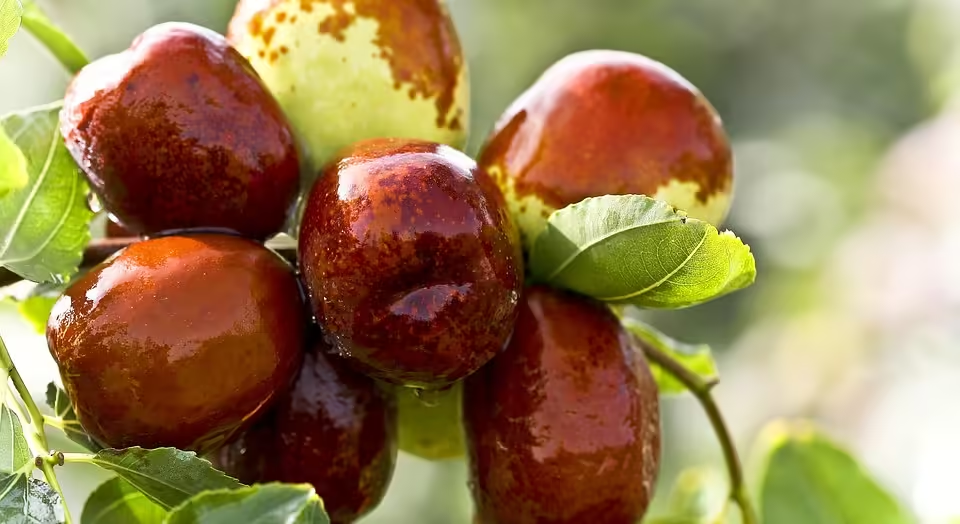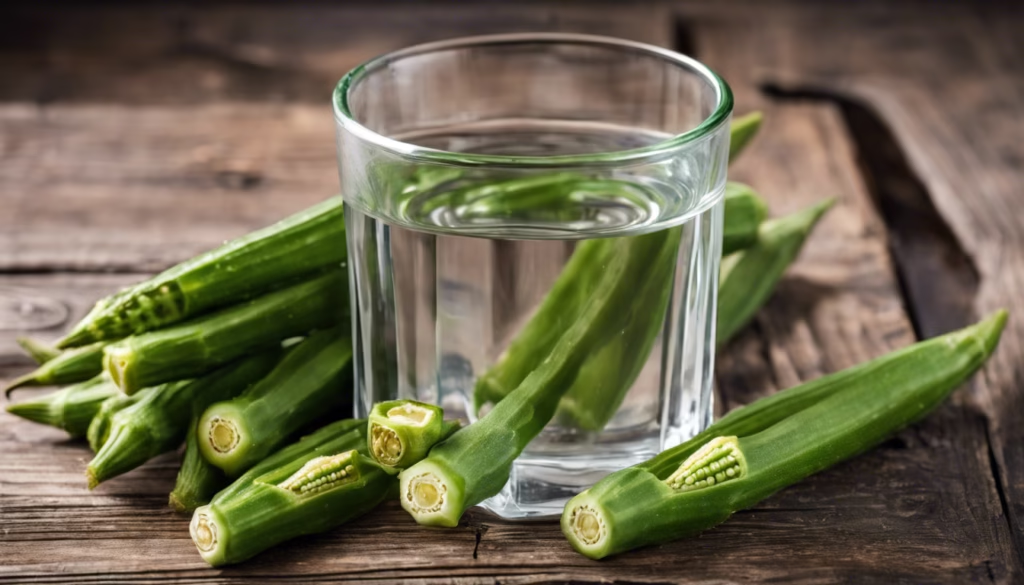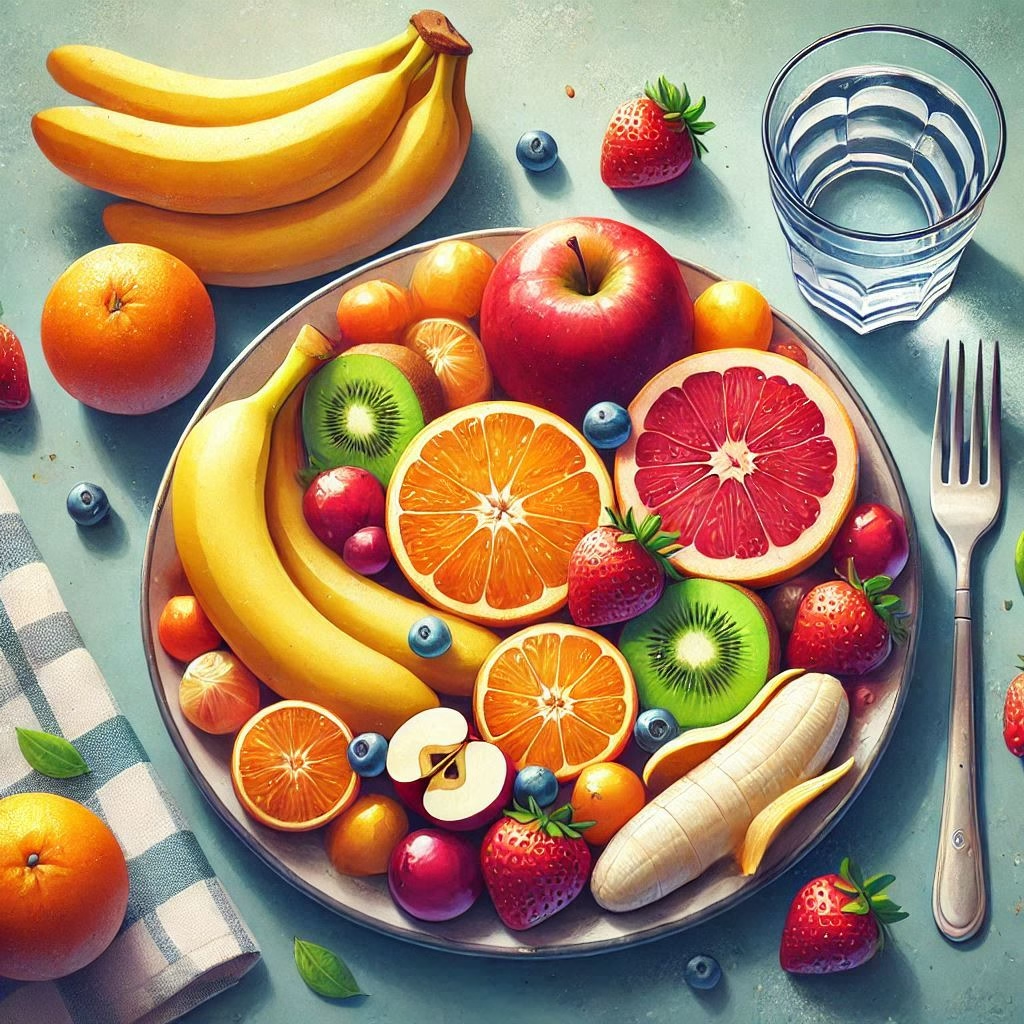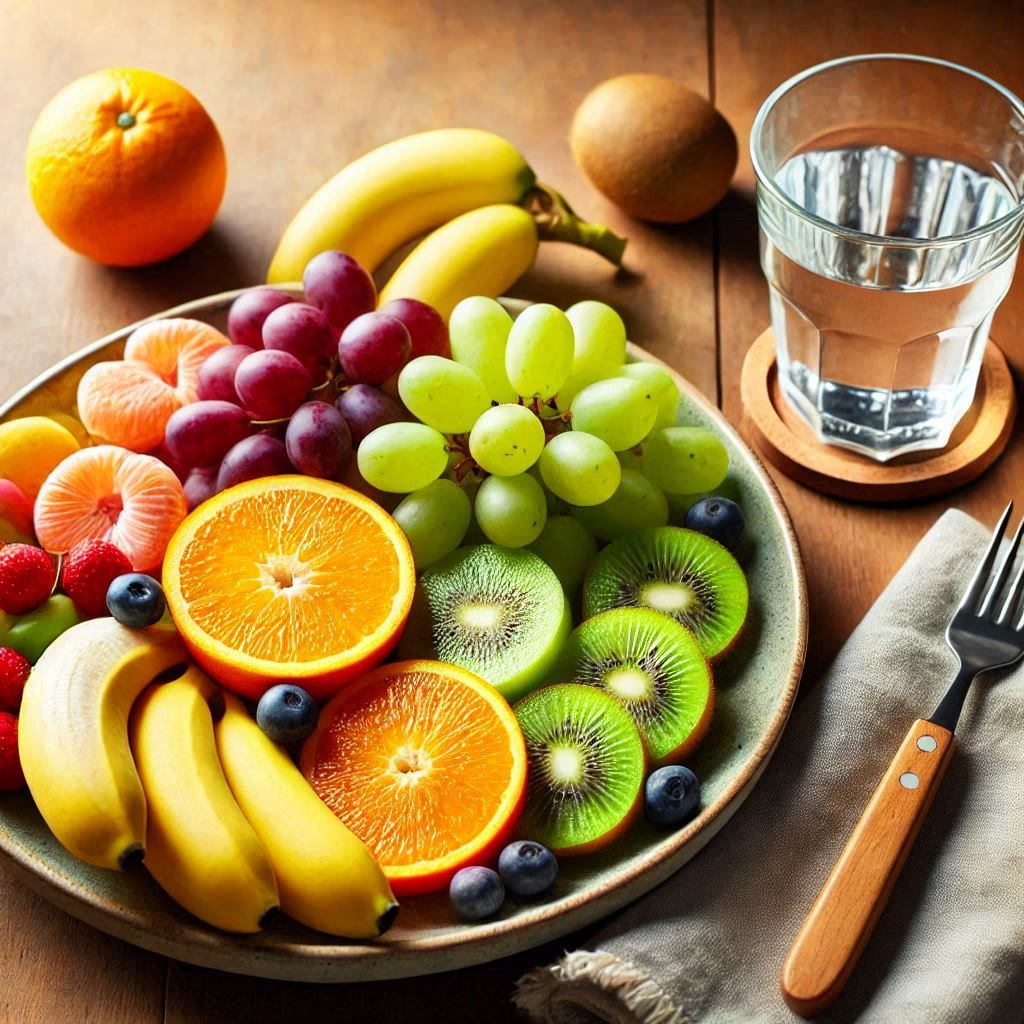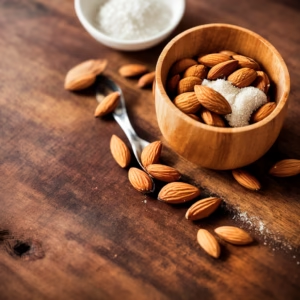Dates have gained popularity for their natural sweetness and remarkable health benefits. Known scientifically as *Phoenix dactylifera*, these fruits are not only delicious but also pack a nutritious punch. This article delves into the various dimensions of dates, addressing common queries such as why dates are good for you, their effects on digestion, and whether they can go bad.
What Are Dates?
Dates are the sweet, chewy fruits of the date palm tree, commonly grown in Middle Eastern regions and other tropical climates. They are usually brown or yellow, depending on the variety, and can be enjoyed fresh or dried. Fresh dates tend to be sweeter than their dried counterparts, making them a popular choice for desserts and snacks.
Why Dates Are Good for You
Dates offer an array of health advantages that make them a beneficial addition to any diet. From improving digestion to enhancing heart health, these small fruits are nutrient-dense powerhouses. Rich in fiber, antioxidants, and essential vitamins and minerals, dates also provide a quick burst of energy, making them perfect for pre- or post-workout snacks.

Will Dates Make You Poop?
One of the key reasons why dates are considered good for digestive health is their high fiber content. Fiber adds bulk to the stool, promoting regular bowel movements. For those searching for natural remedies against constipation, eating dates could be an effective solution to achieve better digestive health.
The Nutritional Value of Dates
When discussing dates’ nutrition facts, it’s essential to highlight their impressive nutrient profile:
– Calories: Approximately 277 per 100g
– Carbohydrates: 75g (mostly natural sugars)
– Fiber: 7g
– Protein: 2g
– Fat: 0.15g
– Vitamins & Minerals: Rich in potassium, magnesium, copper, manganese, and vitamin B6.
This high carbohydrate content provides energy-surging benefits and supports athletic performance, while their low-fat content makes them suitable for various diets.
Health Benefits of Dates
1. Rich in Antioxidants
Dates are loaded with antioxidants such as flavonoids, carotenoids, and phenolic acid. These antioxidants help combat oxidative stress and inflammation, providing protection against various chronic diseases.
2. Heart Health
The potassium and magnesium found in dates are excellent for heart health. These minerals help regulate blood pressure and reduce the risk of cardiovascular diseases.
3. Supports Bone Health
Dates contain essential minerals like calcium, phosphorus, and magnesium, which are vital for maintaining strong bones and preventing conditions like osteoporosis.
4. Natural Energy Booster
Due to their high sugar content (glucose, fructose, and sucrose), dates are a fantastic source of quick energy. This makes them ideal for athletes and those needing an energy boost throughout the day.
5. Improved Digestion
As previously mentioned, their high fiber content contributes to digestive health, preventing constipation and promoting a healthy gut.
6. Natural Sweetener
Dates can be used as a natural alternative to refined sugars in recipes, offering sweetness without the processed ingredients.
Can Dates Go Bad?
Yes, like most foods, dates can spoil over time. Proper storage is essential to prolong their shelf life. When stored in a cool, dry place, dates can last several months, while refrigeration or freezing can extend their life even further. However, if you notice changes in texture, a sour smell, or signs of mold, it’s advisable to discard them.
FAQs About Dates
Q: Are dates good for you?
A: Yes! Dates are nutritious and offer numerous health benefits, including digestive support and energy boosts.
Q: Which dates are the best?
A: Medjool dates are often considered the best variety due to their large size, rich flavor, and soft texture.
Q: Can I eat dates during pregnancy?
A: Yes, dates are beneficial during pregnancy, providing essential nutrients and potentially easing labor.
Q: Do dates contain sugar?
A: Yes, dates contain natural sugars, mainly fructose and glucose, making them a sweet treat.
Q: What is the glycemic index of dates?
A: Dates have a moderate glycemic index, but their fiber content helps regulate blood sugar levels.
Pros and Cons of Eating Dates
Pros
– Nutritious and energy-dense
– High in antioxidants
– Supports digestive and heart health
– Naturally sweet, making them a sugar alternative
Cons
– High in calories; moderation is key
– May cause digestive issues in some individuals
– Should be consumed cautiously by diabetics due to natural sugars
Dates and Pregnancy
Dates are not only nutritious, but several studies have also connected their consumption during pregnancy with promoting better outcomes. They are believed to help soften the cervix and decrease the length of labor. Pregnant women may benefit from eating dates towards the end of their pregnancy, ensuring that they incorporate them into a balanced diet.
Best Varieties of Dates
When discussing which dates are the best, three contenders stand out:
1. Medjool Dates: Known as the “king of dates,” Medjool dates are large, moist, and packed with flavor.
2. Deglet Noor: These semi-dry dates are lighter and have a subtle sweetness, often used in cooking and baking.
3. Barhi Dates: These are sweet and soft when fresh, making them a delightful treat.
Creative and Delicious Dates Recipes
Dates can be incorporated into various recipes, providing sweetness and texture. Here are a few ideas:
– Dates and Nut Energy Balls: Blend dates with nuts and seeds for a healthy snack.
– Stuffed Dates: Fill Medjool dates with cream cheese or almond butter for a tasty treat.
– Dates Smoothie: Blend dates with banana, almond milk, and spinach for a nutritious breakfast.
– Date-Packed Granola Bars: Use dates as a binding ingredient for homemade granola bars.
Conclusion
Dates are more than just a sweet treat; they are a powerhouse of nutrition and provide numerous health benefits. Whether you’re looking for a healthy snack, a natural sweetener, or a fruit-rich in fiber and antioxidants, dates are undoubtedly a fantastic choice. From enhancing digestive health to supporting pregnancy, these fruits are versatile and enjoyable. Explore the wonderful world of dates, and consider adding them to your diet today!
References
1. FoodData Central. (n.d.). Dates, Medjool. Retrieved from https://fdc.nal.usda.gov/
2. Othman, N. H. et al. (2017). The effect of dates on labor and delivery outcomes. *Journal of Obstetrics and Gynaecology*, 37(3), 336-340.
3. Bhagat, A. (2019). Dates: Key to good health. *Nutrition Journal*, 18(1).
“Unleash your curiosity! Dive into thrilling travel adventures, blockbuster movie insights, cutting-edge health tips, and the latest tech breakthroughs! For the freshest blog posts, visit Wanderers Blog. Don’t miss out—subscribe to our newsletter today!”

